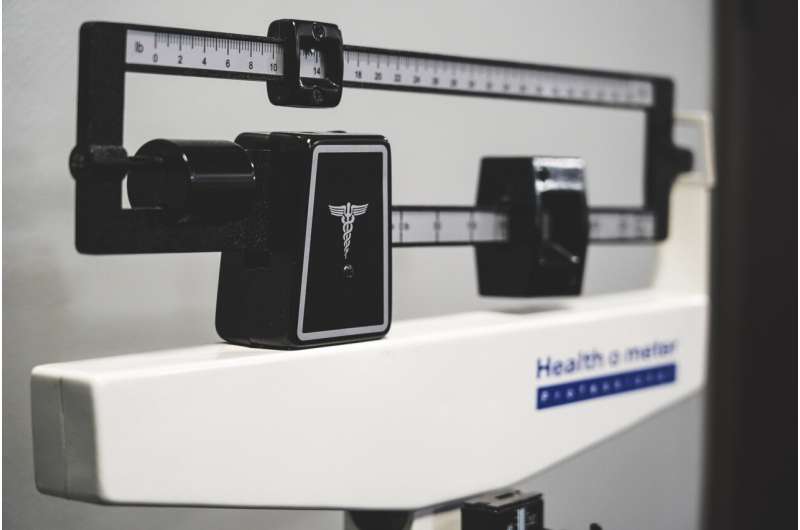Comparative Review Evaluates Effectiveness and Safety of Treatments for Hidradenitis Suppurativa

A recent review in JAMA Dermatology compares the efficacy and safety of various treatments for moderate-to-severe hidradenitis suppurativa, highlighting promising biologic options and the need for further research.
A comprehensive systematic review and network meta-analysis published in JAMA Dermatology examine the efficacy and safety profiles of approved and investigational medications for moderate-to-severe hidradenitis suppurativa (HS). Led by Dr. Amit Garg and colleagues from Northwell, the study analyzed data from 25 clinical trials involving 5,767 patients and 39 different treatments. The review highlights that several biologic agents, including sonelokimab, lutikizumab, adalimumab, bimekizumab, povorcitinib, and secukinumab, showed significantly higher rates of clinical response (HiSCR-50) compared to placebo. While these treatments differ in mechanisms and dosing regimens, the comparison indicates no definitive superiority of one over another, with differences in adverse event rates remaining relatively low. Serious adverse events ranged from 0% to 10% across all groups, suggesting a generally acceptable safety profile for these therapies. Overall, the findings suggest multiple effective options for managing moderate-to-severe HS but highlight the need for further research to establish clear treatment preferences based on efficacy and safety profiles.
Stay Updated with Mia's Feed
Get the latest health & wellness insights delivered straight to your inbox.
Related Articles
Innovative Therapy Extends Delay in Recurrent Prostate Cancer Progression
A groundbreaking clinical trial reveals that PSMA-targeted radioligand therapy combined with SBRT can significantly extend the time before prostate cancer progresses, offering hope for more effective early intervention.
Innovative Radiation Therapy Shows Potential in Treating Severe Heart Rhythm Disorders
Stereotactic radiation therapy shows promise as a safer, noninvasive alternative to catheter ablation for treating severe, drug-resistant ventricular tachycardia, especially in high-risk patients. New studies highlight its comparable effectiveness and reduced complication rates.
Research Reveals That Even Mild Tropical Cyclones Increase Infant Mortality in Low-Income Countries
New research shows that even mild tropical cyclones significantly increase infant mortality rates in low- and middle-income countries, highlighting the need for stronger disaster protection and health measures.
New Program Supports Women with Obesity Planning Pregnancy
Northwestern Medicine's PEARL program offers personalized preconception care for women with obesity, focusing on healthy lifestyle management to improve pregnancy outcomes and maternal health.



